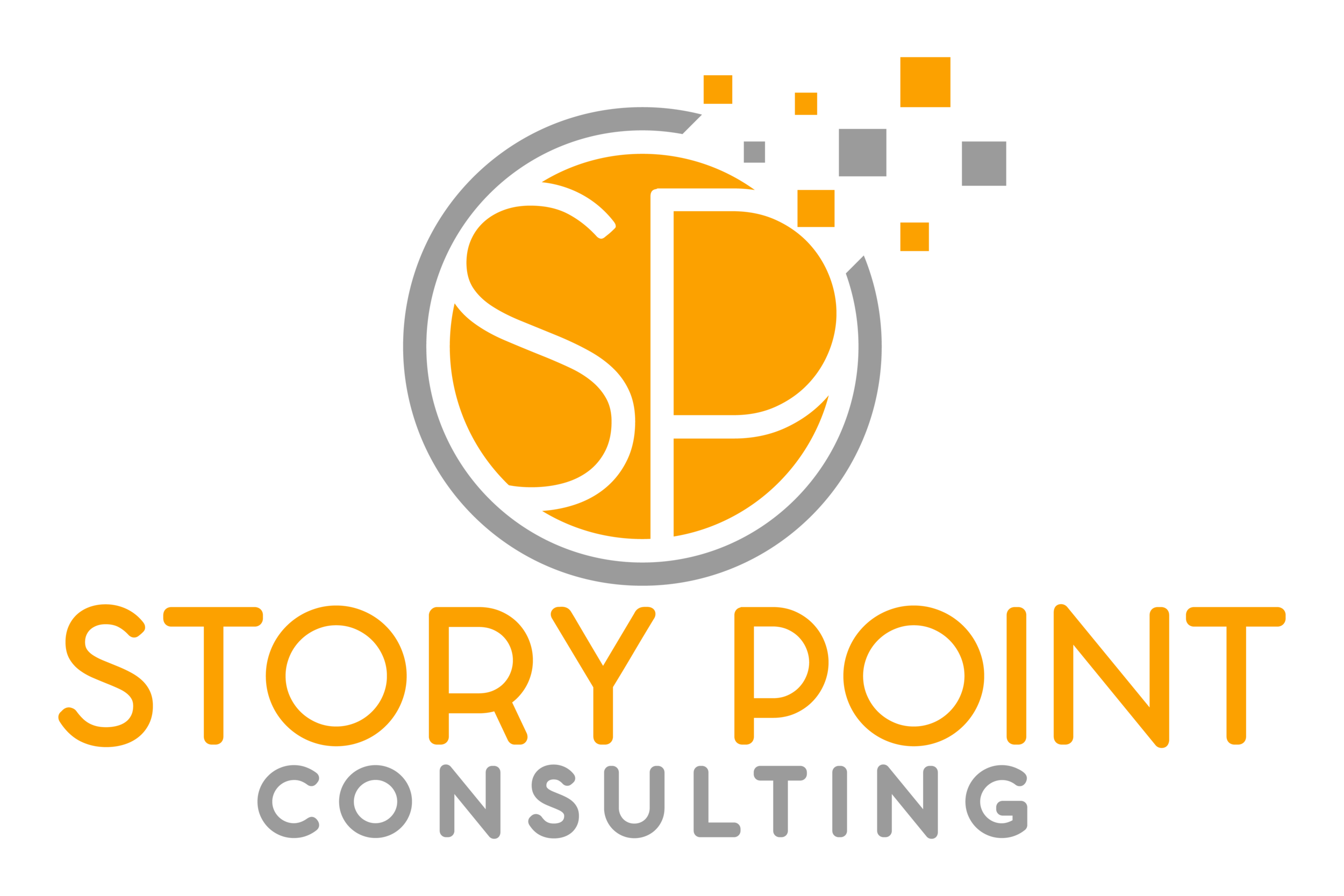Understanding the Grant Cycle: Insights and Tips
What is the grant cycle?
The grant cycle for nonprofits is a process that includes identifying suitable grant opportunities, preparing and submitting proposals, implementing the funded project, managing the grant funds responsibly, and reporting back to the funder on the outcomes of the project.
Navigating the grant cycle can be an important part of a nonprofit organization’s fundraising success. For many organizations, grants provide essential funding that supports their mission and programming. However, understanding the grant cycle, from identifying potential funders to reporting on the results, is crucial for securing and effectively managing these funds.
Here are key activities to consider to help your nonprofit team master the grant cycle.
Finding Potential Grant Funders
The first step in the grant cycle is identifying potential grant funders. This process involves not only locating available grants but also ensuring that these grants align with your organization’s mission, and specific needs. Furthermore, it is essential to conduct thorough research and to identify the most suitable funding opportunities.
To streamline this process, utilizing resources such as a grant toolkit can be incredibly beneficial. A grant toolkit typically includes templates, checklists, and guidelines that can help your team organize and manage the grant-seeking process more efficiently. Additionally, tools like Grant Connect, which specialize in finding and researching potential funders, can significantly reduce the time and effort required and help your nonprofit to identify the most suitable funding opportunities by getting your team started on the right path.
Preparing the Grant Application or Proposal
Each grant funder has specific guidelines and a unique application process. One of the best ways for organizations to make their grant request stronger is to thoroughly review the requirements and appropriately tailor the application or proposal for each funder.
Despite each funder being different, there are generally common questions that grant funders ask, and organizations can use this knowledge to prepare an outline for their application or proposal which makes the grant writing process much more efficient. In addition, many funders request additional information or documentation that needs to be attached to the proposal or application. Finding out what these documents are early in the grant writing process will ensure your organization has time to gather the requirements, and submit the grant application on time, or before the deadline. If your grant application is declined, it is beneficial to review the reasons for the rejection. This helps you understand what went wrong and allows you to learn from the experience, improving your chances for future applications.
Grant Award and Management
Congratulations, your grant has been awarded! Many funders will provide a grant agreement, which outlines the terms and conditions of the funding. It is important that your organization review the terms and understand how your grant funds can be used. Generally, grant funds not used in alignment with the grant terms have to be repaid, and this is not an ideal situation for any nonprofit to be in.
To avoid any issues, ensure your team uses the funds according to the proposal and budget your organization submitted. Effective project management is crucial for meeting the objectives and staying within the budget. If there are any issues that arise during the grant term, it is best to connect with the grant funder and find out how to best navigate the changes. Many funders are flexible and can work with your changes if your organization initiates open communication.
And finally, it is important to have a system for your team to keep accurate records of all expenditures related to the grant. This is vital for reporting and compliance purposes, and can be key in assisting your team with tracking and reporting.
Reporting and Evaluation
Often, different funders have different reporting requirements. Some funders require periodic progress reports. These should detail how the project is proceeding, any challenges encountered, and how funds have been used. Most funders require some type of final report which should include an evaluation of the project's outcomes and impact, financial statements, and any lessons learned. After submitting the final report, it is a good idea to stay connected with the funder. This can help your organization secure future grants from the same source.
Mastering the grant cycle requires careful planning, attention to detail, and ongoing relationship management with the funder. By understanding and effectively navigating each stage, from identifying funders to managing grants and reporting on outcomes, your nonprofit can increase its chances of securing grant funding to advance your mission and enhance the work you are doing in the community. With organization and planning, the grant cycle can become a powerful tool in driving positive change and helping your organization achieve its fundraising goals.




